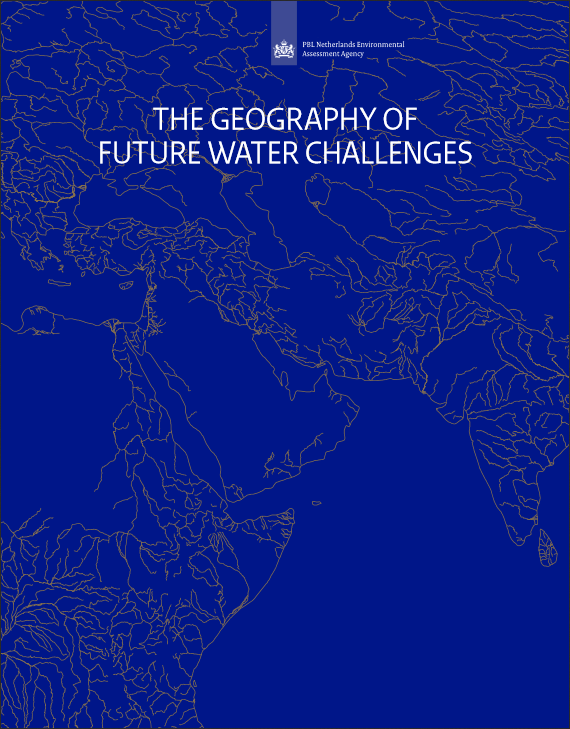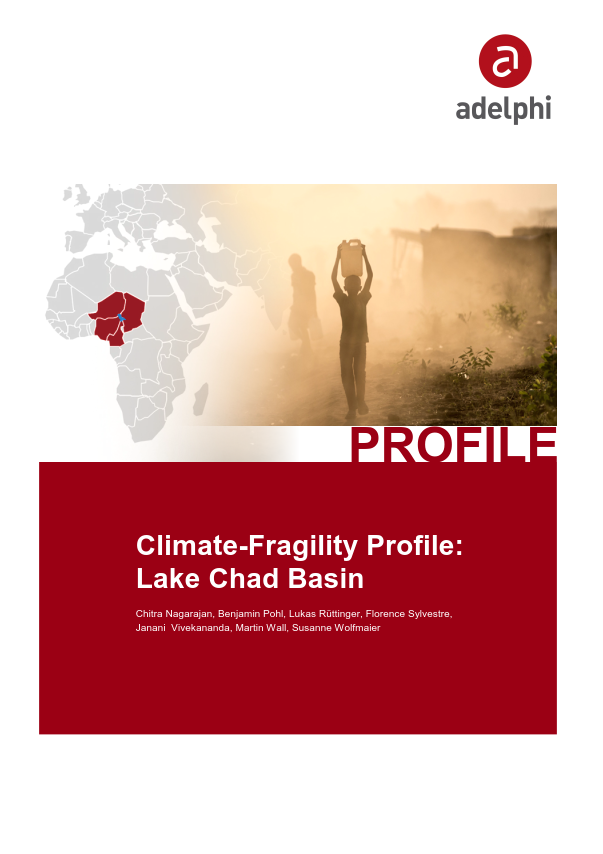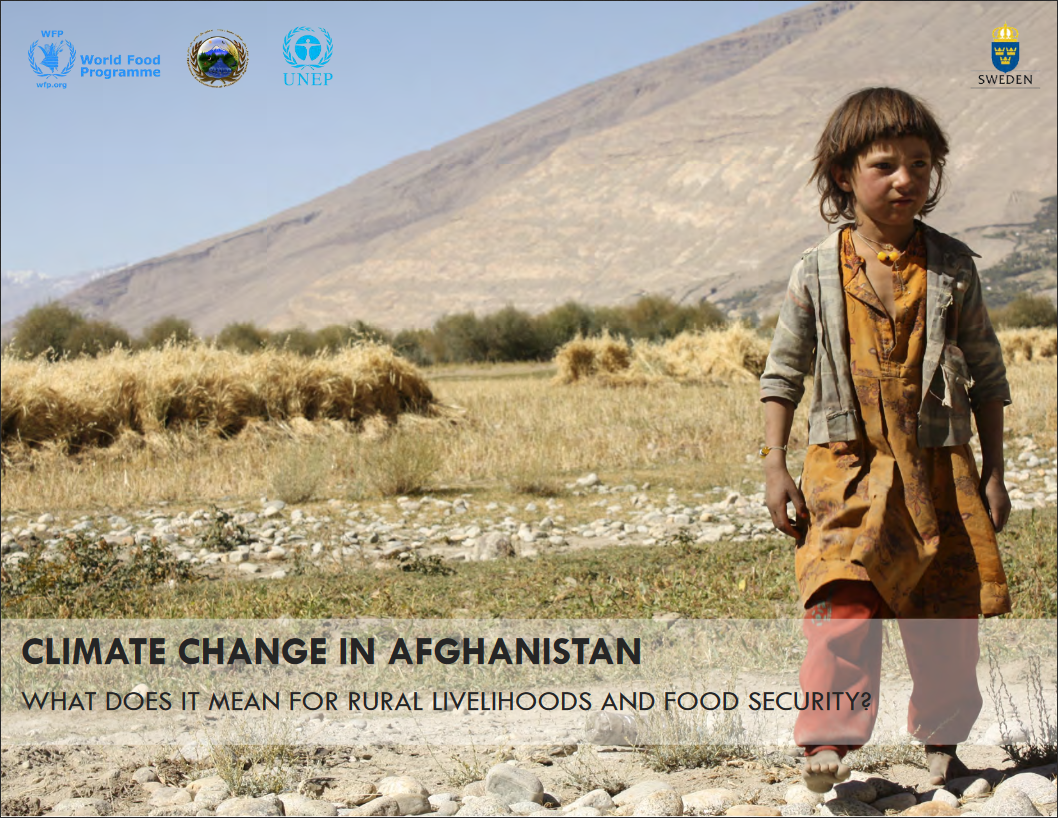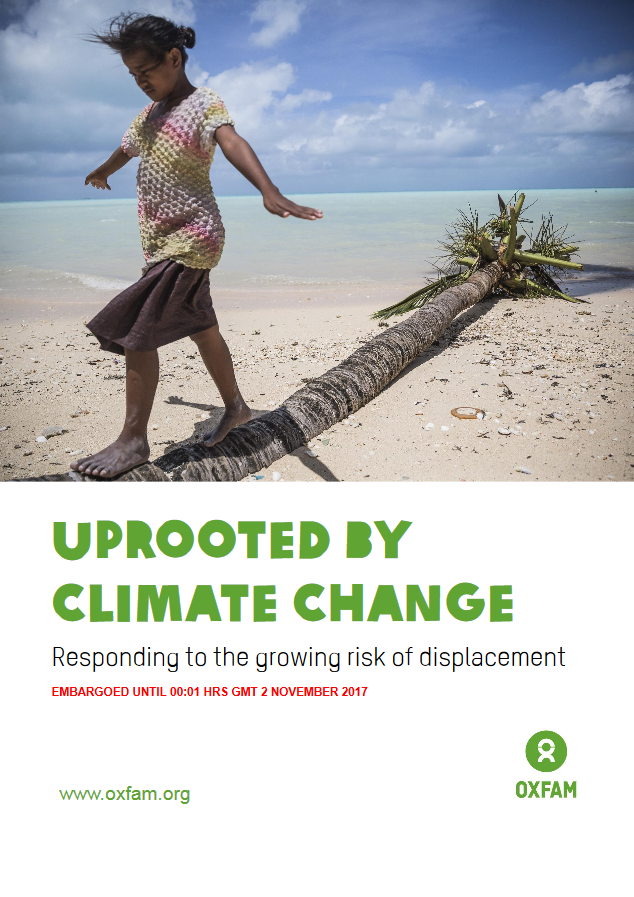Supporting Global Food Security in a Changing Climate Through Transatlantic Cooperation
Policy communities in the United States and Europe are increasingly identifying climate change, environmental deterioration, water management, and food security as key concerns for development and global governance. The interplay of these trends is visible in the upheavals across the Middle East, with food riots and water disputes illuminating the region’s food insecurity.









